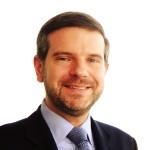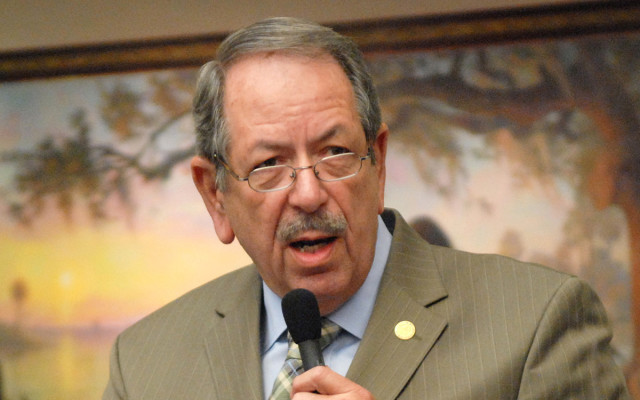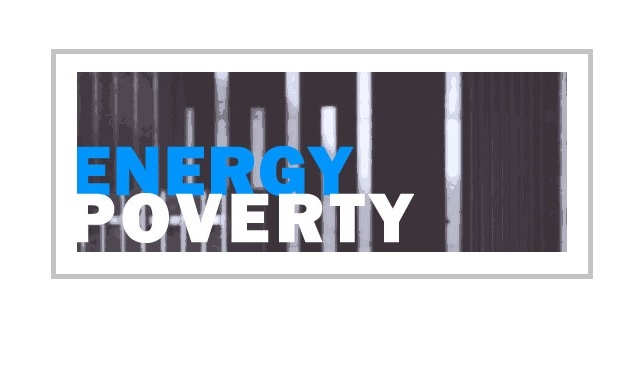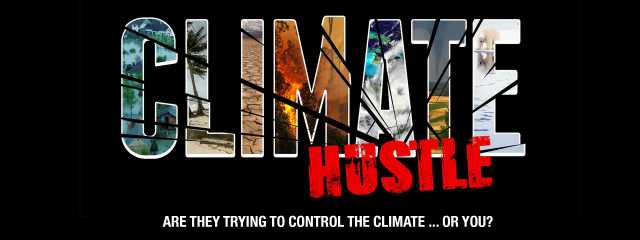Prescribing Solutions for Radical Islam in America
Dr. Welner, on Fox & Bill Bennett, Decries Lies About Mass Shootings and Crisis Incidents, Issues Multi-Pronged Homeland Proposal to Mitigate Risk.
 New York – Reacting to the mass shooting incident at a staff holiday party in San Bernardino, the United States government and many media initially emphasized that a workplace mass shooting had taken place. The early national discourse directed itself to gun control advocacy. Once a terrorist motivation could no longer be denied, outlets began suggesting that the shootings were instigated by remarks that one of the deceased had made about Islam not being a peaceful religion, suggesting that he had provoked the killings. More recently, revelations of how United States immigration policy allowed one of the perpetrators into the country has touched off a highly-charged policy debate.Almost immediately after the perpetrators were identified, Dr. Michael Welner, forensic psychiatrist and Chairman of The Forensic Panel, recognized the event to bear the hallmarks of Islamist terrorism, given the role of a female perpetrator – a fact never associated with American mass shootings without direct personal conflict. Such American mass shootings customarily involve perpetrators aspiring to idealized destructive masculine identity.
New York – Reacting to the mass shooting incident at a staff holiday party in San Bernardino, the United States government and many media initially emphasized that a workplace mass shooting had taken place. The early national discourse directed itself to gun control advocacy. Once a terrorist motivation could no longer be denied, outlets began suggesting that the shootings were instigated by remarks that one of the deceased had made about Islam not being a peaceful religion, suggesting that he had provoked the killings. More recently, revelations of how United States immigration policy allowed one of the perpetrators into the country has touched off a highly-charged policy debate.Almost immediately after the perpetrators were identified, Dr. Michael Welner, forensic psychiatrist and Chairman of The Forensic Panel, recognized the event to bear the hallmarks of Islamist terrorism, given the role of a female perpetrator – a fact never associated with American mass shootings without direct personal conflict. Such American mass shootings customarily involve perpetrators aspiring to idealized destructive masculine identity.

Dr. Welner added, in an appearance later that hour on “Fox & Friends,” that the hallmarks of how far one would go for their faith, demonstrated in a woman leaving an infant behind, bore the hallmarks of ISIS’ modus operandi. He encouraged the government and press to be straightforward about terrorist motivation, adding that being forthright was essential to devising public safety plans ahead.
Former Secretary of Education Bill Bennett, in his nationally broadcast program“Morning in America,” praised Dr. Welner for focusing the discussion on the core cause and not allowing a false narrative to take hold in the press. Dr. Bennett then invited Dr. Welner onto “Morning in America” yesterday to discuss Dr. Welner’s proposals for mitigating Islamist risk in America. Dr. Welner asserted that it was necessary to dismiss a number of oft-repeated false assertions as deliberate manipulations by informed authorities seeking to avoid addressing violence risks and risk factors of potential perpetrators, specifically:
- Islamist terror is not Islam
- Adherents to Radical Islamist thinking are very few in number
- America is responsible for creating intense Muslim hostility towards this country
- We are not at war with Islam
- Frank discussion of Islamist terrorism endangers American Muslims
In their extended discussion, Dr. Welner proposed a number of policy prescriptions for mitigating risk. Dr. Welner’s recommendations, which have since been re-published by the Investigative Project for Terrorism and the New English Review, include:
- Flipping the paradigm to focus on how American Muslims can actively defuse national anxieties of Americans who witness Islamist terrorism, rather than Americans’ alleviating anxieties of attacks on Muslims, which are altogether rare
- Branding America and how it has helped Muslims around the world
- Promoting Muslim attitudes reflecting loyalty to America first
- Encouraging mosque, parental, and family responsibility to self-police communities in order to root out radical nihilists who recruit others and ensnare young people
- Financially support Muslim institutions’ efforts to root out terrorism from within communities
- Promote humor and the arts to promote the marginalizing, reform, and self-regulation of Islamist intolerance
- Retake the campuses from rejectionist Islam, prevent access of radical leadership
- Retake the prisons from intolerant imams who groom new and alienated adherents and feed angry violent wannabees into the community
- Ban investment by governments and large donors promoting radical Islam from American media, campaigns, and academic institutions
- End American backdoor funding and support of countries and entities that collaborate with Islamist terror
- Expose and root out Islamist contributions to political candidates and to media entities
- Full security screening of federal employees in sensitive positions who do not currently undergo security clearance
- End exclusion of Jewish Arabic speakers by American intelligence services, who are available but not relied upon for gathering human intelligence
A more extensive explanation of these proposals can be found at billbennett.com
To listen to Dr. Welner’s interview with Bill Bennett, click here
Dr. Welner’s two interviews with Fox & Friends on San Bernardino, click here and here




 FROM THE DIRECTOR’S DESK
FROM THE DIRECTOR’S DESK 






 For many years, I have engaged in numerous conversations with Americans about the awful business of abortion and Margaret Sanger’s diabolical, duplicitous, dangerous and deadly plans for Black Americans. In fact, that topic has been featured on numerous pages of The Edwards Notebook syndicated radio commentary. But all of the conversations, research and commentaries together don’t hold a candle to the effort put forth by one Bruce Fleury. Mr. Fleury is a great American whom, by the grace of God did what no-one else thought about doing or were too lazy to put in the necessary work. He wrote and produce an excellent book entitled
For many years, I have engaged in numerous conversations with Americans about the awful business of abortion and Margaret Sanger’s diabolical, duplicitous, dangerous and deadly plans for Black Americans. In fact, that topic has been featured on numerous pages of The Edwards Notebook syndicated radio commentary. But all of the conversations, research and commentaries together don’t hold a candle to the effort put forth by one Bruce Fleury. Mr. Fleury is a great American whom, by the grace of God did what no-one else thought about doing or were too lazy to put in the necessary work. He wrote and produce an excellent book entitled 























